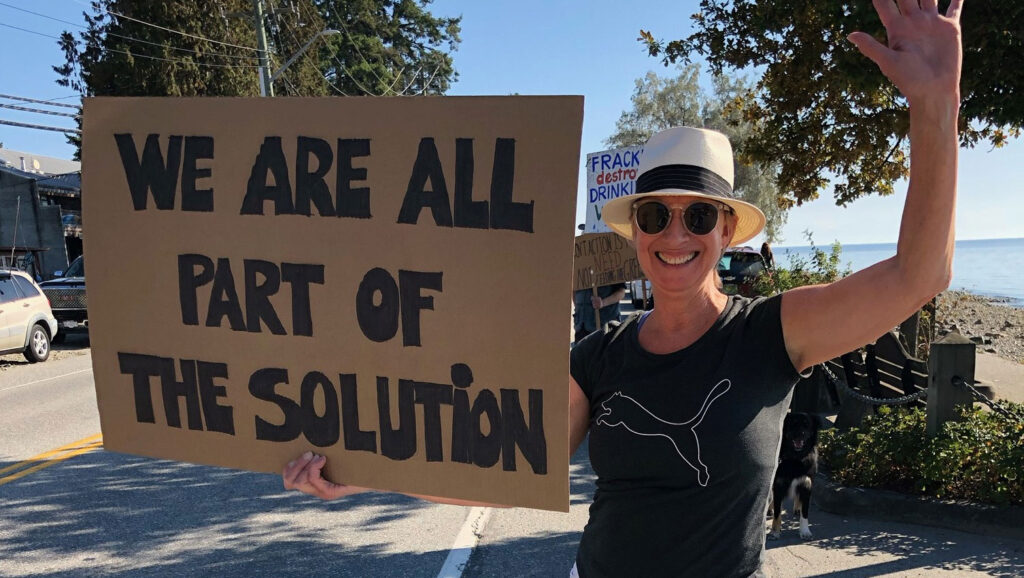Frequently Asked Questions

Why sue fossil fuel companies?
- 100% of the costs of climate change are being borne by individuals and governments.
- Meanwhile, the big oil companies continue to rake in enormous profits while selling a product they have known for decades causes harm.
Why municipalities and not the province?
- Municipalities are on the frontlines as the owners and operators of 60% of Canada’s infrastructure.
- They are legally responsible for maintaining that infrastructure for the health and safety of Canadians.
Don’t we have other, more pressing concerns on the Coast that our tax money should go to?
- Climate change adaptation and disaster relief costs are estimated to cost local governments in the billions of dollars over the next few decades.
- $1 per person to recoup some of these costs seems like a bargain.
What might a class action lawsuit look like?
- The first step is to ask a judge to certify the case can proceed as a class action.
- If successful, it will raise the profile, encourage funding and engagement, and may lead to settlements that can fund the case against remaining companies.
Why litigate instead of passing laws?
- Laws are a good tool; and litigation is another way to raise the profile of climate change costs, increase pressure, and build momentum for meaningful corporate and government climate action on a global scale.
What is the cost to taxpayers if we lose?
- BC has class action rules that protect parties, if they lose, from paying the legal fees of other side.
Is there a good chance of winning?
- Class action lawsuits communicate a message that oil companies can be held accountable for carbon costs and pay their fair share.
- They raise public perception of big oil companies’ responsibility and culpability.
- Legal experts say such a lawsuit has a solid basis in Canadian law.
How can we manage the costs of litigation?
- Plaintiffs (municipalities) share the costs.
- Lawyers may act pro bono, or get paid only if they win.
- BC has class action rules that protect parties, if they lose, from paying legal fees of other side.
But we need oil and fossil fuels, and we all use/rely on fossil fuels…
- There is shared responsibility, but right now individuals pay 100% of the climate costs and big oil companies continue to make record profits.
- Big oil’s efforts to deny climate science delayed meaningful action on fossil fuel alternatives, meaning consumers have had few to no other options.
Will a lawsuit increase the cost of gas?
- We are already paying an artificial price for fossil fuels, through taxpayer funded subsidies; and big oil companies’ non-transparent pricing practices.
- Previous class-action lawsuits (opioids, asbestos, tobacco) achieved settlements AND a change in the way those companies do business.
Won’t climate litigation take too long?
- In the short term, companies would have to notify investors, which raises the public perception of the issues and forces transparency.
- We need to start now to protect BC communities against future climate disasters and future climate costs.
